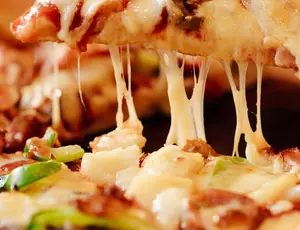Although supermarkets have already made a lot of progress when it comes to reducing food waste, it is important to develop the most sustainable routes possible for any food waste that is unavoidable.
In the spotlight
As the public have become increasingly interested in sustainability issues, food waste has become a growing concern, with more questions being asked about how businesses are reducing the amount of, and then disposing of, surplus food. This has put increased pressure on supermarkets, who need to dispose of unavoidable food waste in a way that is sustainable, cost-effective and appealing to consumers.
Reducing or avoiding food waste
You need to primarily focus on the waste hierarchy, to try and reduce the amount of food waste that is created in the first place. This could be through 'ugly veg' initiatives which sell less visually appealing produce at a reduced price, or even giving produce away for free when it is reaching the end of its shelf life. Reacting to seasonal trends and targeting specific spikes in food waste is also a useful strategy, for example thinking about how to reduce pumpkin waste around Hallowe'en by allowing people to return carved pumpkins to a drop off point in store at the end of their life.
For any food waste that is unavoidable, it's important that you have the back of house processes in place to ensure that this is segregated properly from general waste, to reduce general waste quantities and ensure that food can be disposed of using one of the below methods. Veolia can support this by conducting waste composition analysis to determine how much food waste is not being captured, then implementing solutions to help you segregate waste more efficiently.
Redistributing or reusing
Partnerships with local charities and redistribution schemes can work well for smaller volumes of food waste. For larger volumes, we can help you develop sustainable, scalable routes, including turning food waste products into new materials. An example of this is turning bread waste into animal feed through segregation and reprocessing. Whatever the food waste product you need to focus on, we can support you to develop an innovative, sustainable treatment route.
The benefits
There are three key benefits to implementing sustainable food waste solutions. Firstly, with many retailers committed to Courtauld 2025, and its aims to cut the carbon, water and waste associated with food and drink by at least one-fifth, making your food waste disposal routes more sustainable could make a significant contribution to this.
Secondly, implementing a more closed-loop solution for food waste can create cost savings for your business, and can often create value by turning waste into new products. Finally, having a sustainable waste strategy is positive for your brand image, and will enable you to position yourselves in the public eye as a business that cares about your impact on the planet.
HOW CAN WE HELP YOU?
Find out more about how we can create more sustainable disposal routes for your food waste.
Our experts are always on hand to deal with your request.



